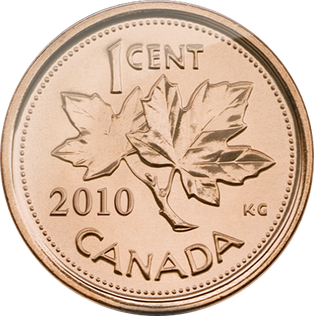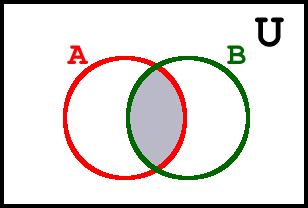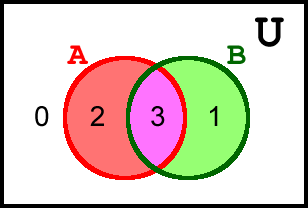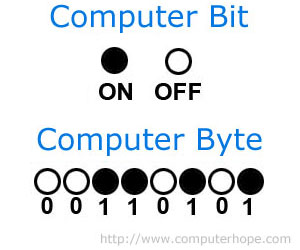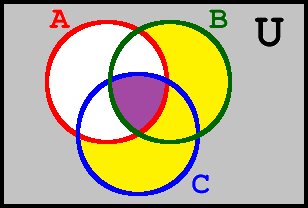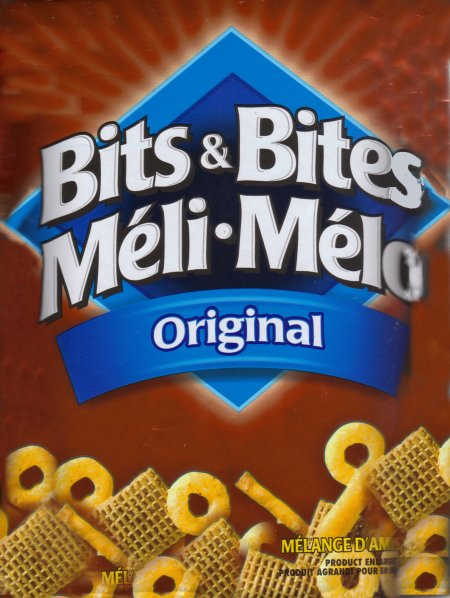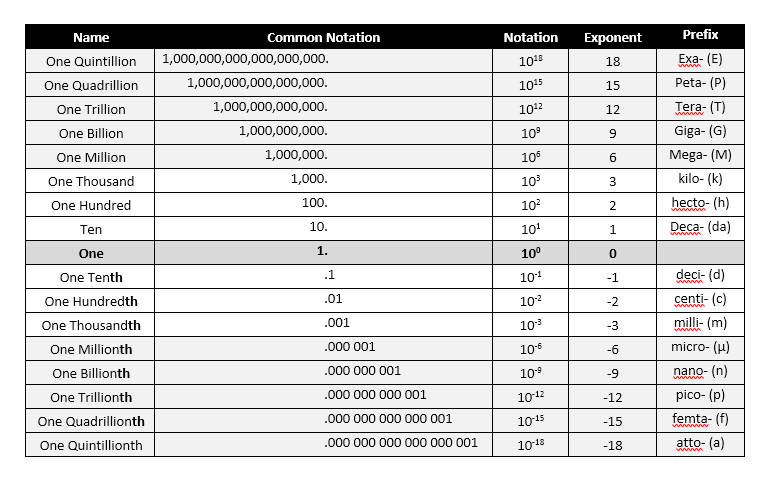| Jr. ACES: 2017-2018 Grade 5. INTRODUCTION TO BINARY NUMBERS AND DIGITAL LOGIC |
|
If we hear, we forget; if we see, we remember; if we do, we understand – Confucius
|
| CLASS |
REFERENCE |
COMPONENTS |
CONCEPTS/ACTIVITIES/SKILLS |
RESEARCH |
POST/PREP TASKS |
|
6
May 24
9:45-10:45 |
|
|
|
|
|
|
Do not train a child by force or harshness; but direct them to it by what amuses their mind - Plato |
| CLASS |
REFERENCE |
COMPONENTS |
CONCEPTS/ACTIVITIES/SKILLS |
RESEARCH |
WORKSHEETS |
|
5
May 22
9:45-10:45
|
|
|
Binary to Boolean
Introduction to
Truth Tables
|
|
|
|
Wonderful things are going on in the forgotten land between ZERO and ONE - Jim Williams |
| CLASS |
REFERENCE |
COMPONENTS |
CONCEPTS/ACTIVITIES/SKILLS |
RESEARCH |
WORKSHEETS |
|
4
May 13
9:45-10:45
|
|
|
Set Operations with Venn Diagrams:
OR (Union), AND (Intersection)
NOT (Inversion/Complement)
Binary Encoding of Sets |
|
|
|
Simplicity is the ultimate sophistication - Leonardo da Vinci |
| CLASS |
REFERENCE |
COMPONENTS |
CONCEPTS/ACTIVITIES/SKILLS |
RESEARCH |
WORKSHEETS |
|
3
May 9
9:45-10:45
|
|
|
Binary Addition and Venn Diagrams
|
|
|
|
Failure is only the opportunity to begin again more intelligently - Henry Ford |
| CLASS |
REFERENCE |
COMPONENTS |
CONCEPTS/ACTIVITIES/SKILLS |
RESEARCH |
WORKSHEETS |
|
2
May 7
8:30-9:25 |
|
|
Bits, Nibbles, and Bytes
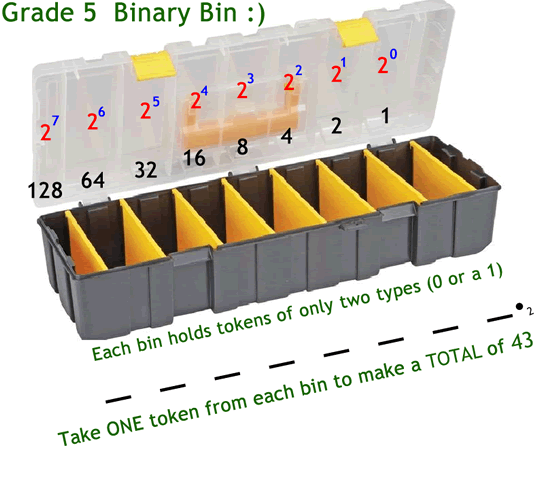
|
|
The Binary Game
 Byte-Size Binary Treats Byte-Size Binary Treats |
|
Failure is only the opportunity to begin again more intelligently - Henry Ford |
| CLASS |
REFERENCE |
COMPONENTS |
CONCEPTS/ACTIVITIES/SKILLS |
RESEARCH |
WORKSHEETS |
|
1
May 1
9:45-10:45 |
|
|
|
|
|
For our second Field Trip of the year we have been invited to visit a factory that is developing solar panels. Since this device is an integral part of our Greenhouse Project this year, early familiarity with this technology will be advantageous.
What better way is there to start the year than with a walking field trip to acquire the electronic components that we will make good use of? You'll also be aware of its location for your own personal projects.
I have no formal training in electronics or electrical engineering - I'm just really interested in this field. The knowledge and skill I have has been largely acquired over the last few years from learning alongside many talented Georgians and I look forward to expanding my capabilities by working with you this year.
Seven behaviours are asked of all ACES (for most other things I'm usually flexible):
1. Have the courage to submit only that which you are capable of.
2. Show respect at all times: For yourself, your peers, your teachers, the DES, and for adult visitors that enter our space.
3. Respect for yourself is demonstrated by looking and speaking your best. It's these little things keep the doors of opportunity open.
4. Respect for your peers can be demonstrated by showing them patience, listening and considering their opinions, and supporting their efforts to pursue their education.
5. Respect for your teachers can be demonstrated by giving them your full attention immediately upon their request for it, following their instructions as closely as possible, meeting your deadlines and, possibly the most important, not interrupting them when they are clearly working with one of your peers or addressing the class as a whole.
6. Respect for the DES includes not eating in our space, not wasting or misusing resources, leaving your work area tidy when you leave and your chair positioned under the table.
7. Respect for adult visitors that enter the DES is demonstrated by immediately ceasing what you are doing, standing and facing our guests until instructed to resume your activities.
- Matches will last exactly 5 minutes
- Two qualifying rounds (average points) will determine the initial Tournament seeding
- The top 8 seeds move on into the quarter-finals
- The Term 1 winner will play the winner of Term 2 in May to determine the Grade winner
- The Grade 10 winner will play one match against Mike Ciomyk to determine the 2015 School Champion
- Technical problems of any sort with your laptop during a match results in immediate disqualification from the match
Growing Success, p. 29
Responsibility, Organization, Independent Work, Collaboration, Initiative, Self-Reliant
Growing Success. p.11.
It is worth noting, right from the start, that assessment is a human process, conducted by and with human beings, and subject inevitably to the frailties of human judgement.
However crisp and objective we might try to make it, and however neatly quantifiable may be our "results", assessment is closer to art than science.
It is, after all, an exercise in human communication.
Knowledge: Subject-specific content acquired in each course (knowledge), and the comprehension of its meaning and significance (understanding).
Thinking: The use of critical and creative thinking skills and/or processes, as follows:
- planning skills (e.g., identifying the problem, selecting strategies and resources, scheduling)
- processing skills (e.g., analysing and interpreting information, reasoning, generating and evaluating solutions, forming conclusions)
- critical/creative thinking processes (e.g., problem-solving, design, and decisionmaking processes)
Communication: The conveying of meaning through various forms, as follows:
- oral (e.g., role play, discussion, presentation)
- written (e.g., design briefs, work orders, technical reports)
- visual (e.g., technical drawings, flow charts, graphics)
Application: The use of knowledge and skills to make connections within and between various contexts.



